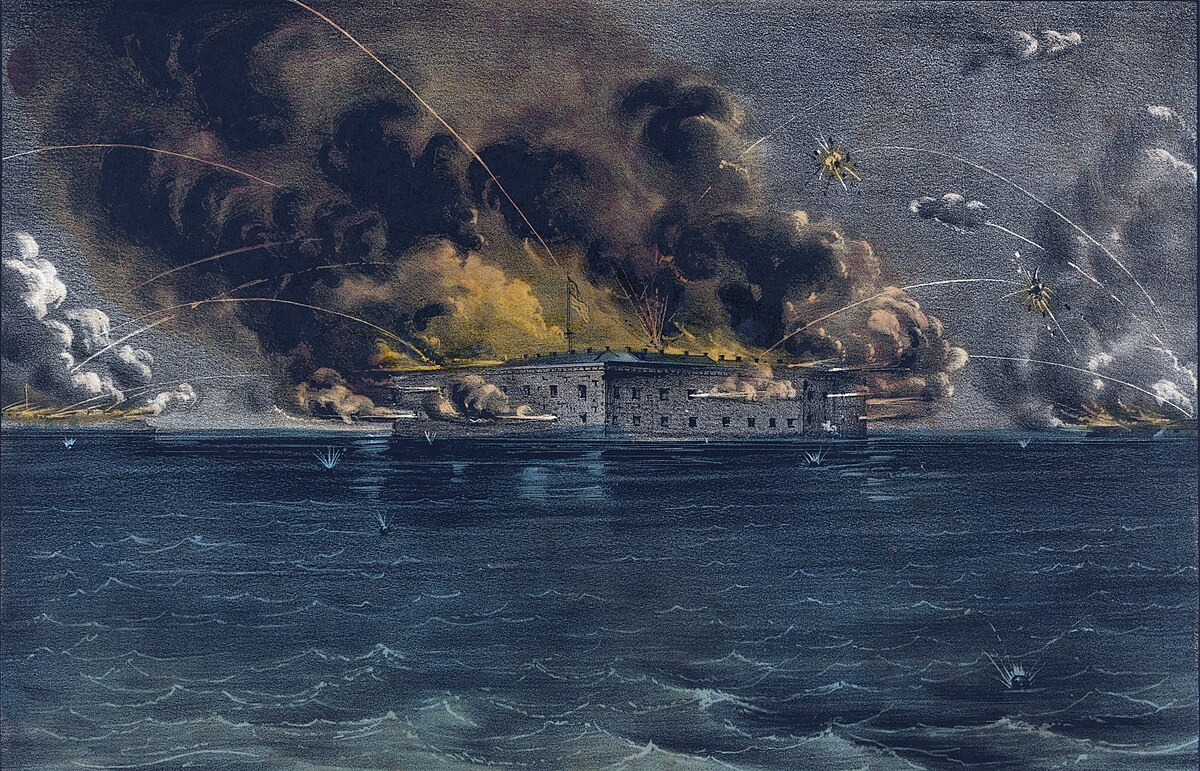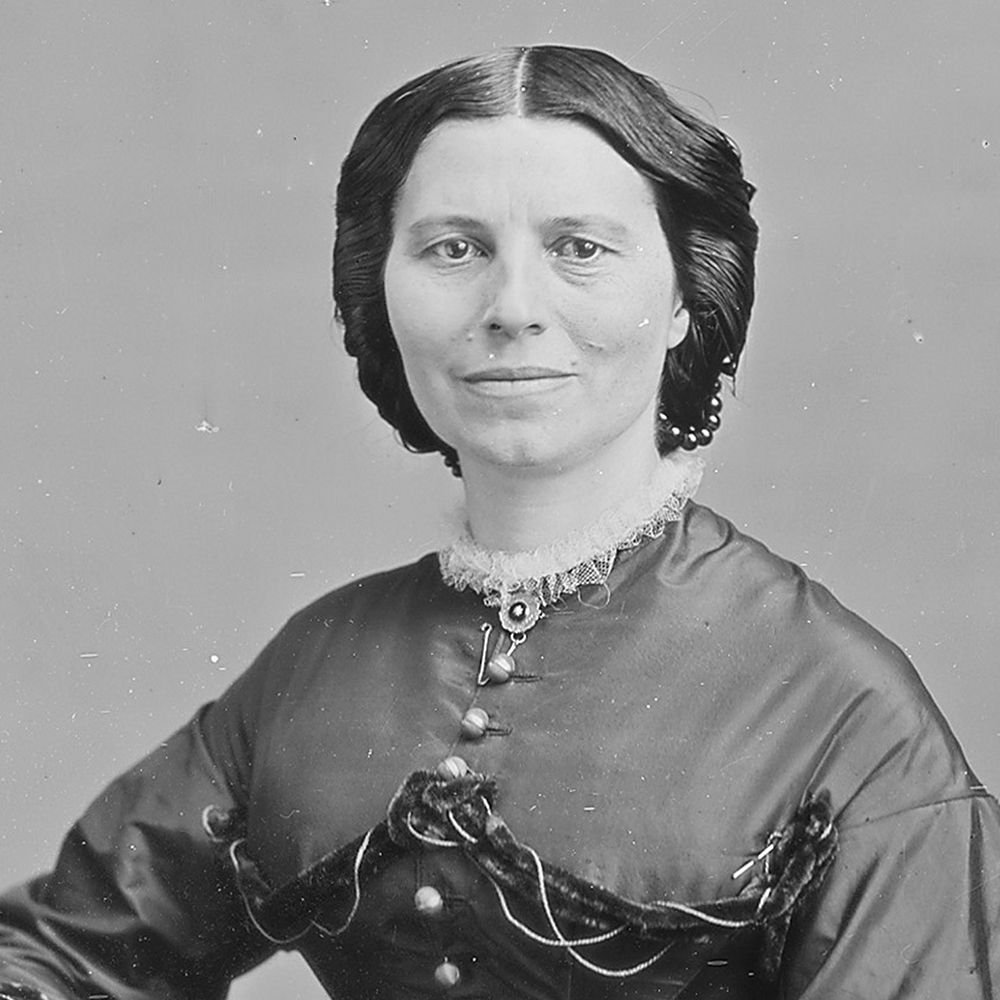What was the war that led the modern "American Southwest" to become part of the U.S.?
the Mexican-American War
What was the final event that led Southern states to secede and form the Confederacy?
the election of 1860

Which battle led to the breakout of the American Civil War?
Fort Sumter

Who was President during the Civil War?
Abraham Lincoln
What is the largest country in South America?
Brazil

What was violent time period that occurred directly after the Kansas-Nebraska Act?
Bleeding Kansas
Define "Abolitionist"
A person pushing for the end of slavery
List 3 advantages the United States had in the Civil War
Some answers:
More soldiers, more industry, more money, better navy
What is a "border state"?
A state that stayed in the Union, but continued to have slavery
On what continent is Sudan?

Africa
1. North of the 36,30 must be free, south can allow slavery
2. Missouri enters as a slave state
3. Maine enters as a free state
What was the first women's rights convention in the United States?
the Seneca Falls Convention
After which battle was the Emancipation Proclamation announced?
the Battle of Antietam
Clara Barton

What language do they speak in the Netherlands?
Dutch
What did the Kansas-Nebraska Act say? What did this change?
the Kansas & Nebraska territories are now open to "popular sovereignty" meaning people there will now vote if they want slavery or not.
This changed that Kansas & Nebraska were previously "free" due to the Missouri Compromise
Why did John Brown lead a raid on Harpers Ferry?
We don't know for sure!
Could be a number of reasons such as arming enslaved people, starting a civil war, or starting an insurrection.
Where did Robert E. Lee and the Confederate Army of Northern Virginia surrender, effectively ending the Civil War?
Appomattox, Virginia
Lewis Powell

What is the tallest building in Boston?
John Hancock Tower

Explain at least 2 parts of the Compromise of 1850
Allowed for California to enter the Union as a free state
Ended the slave trade in Washington, D.C.
The rest of the Southwest was left open to slavery, depending on a vote of the people who settled there. The ability of a state to decide whether it would allow slavery was called popular sovereignty.
The Fugitive Slave Act - required the return of escaped enslaved people to their owners
What did the Supreme Court rule in Dred Scott v. Sanford?
1. Anyone of African descent was not - and could never be - a citizen of the United States
2. Since Dred was not a citizen, he had no right to sue in federal court
3. The court claimed that Congress never had the right to prohibit slavery in any territory
Who became the main military leader of the United States by the end of the Civil War?
Ulysses S. Grant

Explain EXACTLY what the Emancipation Proclamation did
It gave the Confederacy 100 days to return to the Union or enslaved people in areas not controlled by the Union army would be considered "freed"
Who wrote the book "It"?
Stephen King

